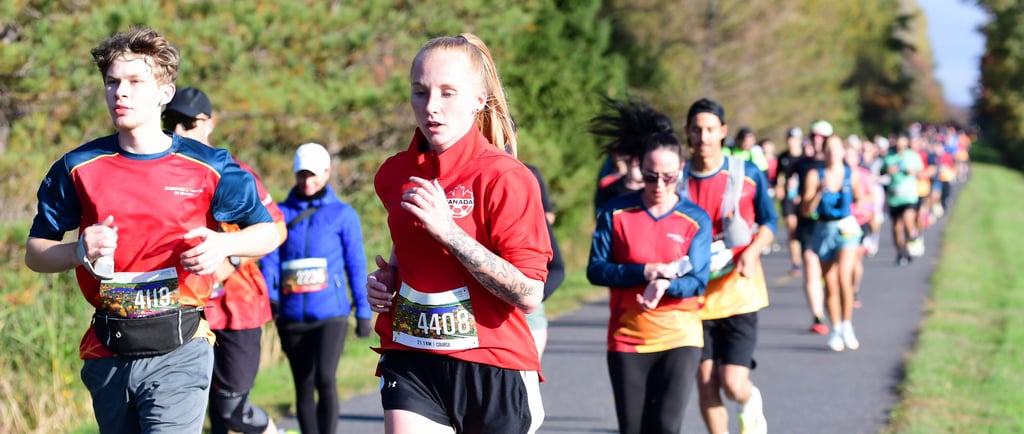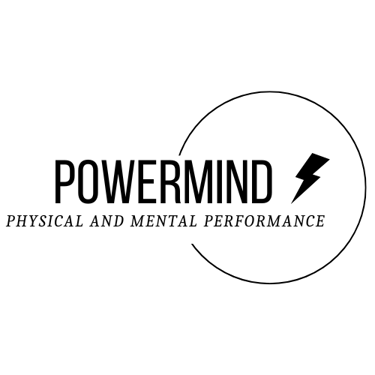My First Half-Marathon: A Test of Mental Toughness!
3/25/20254 min read


A little over 7 months ago, I ran my first half marathon. I’ve been an athlete for as long as I can remember, playing soccer at competitive levels, and I thought this would be no big deal. Running’s already part of my training routine, and I figured, "I can do this." But the truth is that I had never trained specifically for a half marathon before. The longest runs I typically do are about six miles, almost half the distance of the race. So, in terms of mileage, I was pretty underprepared. But, being who I am, I decided to go for it anyway. I registered for the race about a week before race day, and I didn't want to overtrain in that short window. My focus was to gradually ease off my usual workouts, so I would feel fresh and ready to give everything I had on race day.
The day of the race arrived, and I was feeling pretty good. I woke up early, did a two-hour drive to the race location, and had my dad with me, which was awesome. I had chosen to run without headphones because I had no idea what to expect and I wanted to hear the other runners.
When the race started, I was fueled by adrenaline. I started slow but, honestly, way faster than I should have. I think the excitement took over. For the first few miles, I felt great. I had no pain, no discomfort, just a lot of energy. But as the miles went on, things began to shift. Around the halfway point, the reality of the race hit me hard. This is where it really got tough. Up until now, I’d only run half the distance of the half marathon in my workouts. I’d never gone the full 13.1 miles.
The pain started creeping in, especially in my legs. They felt like they were done. I started thinking about quitting. It was really, really painful. Without the distraction of music and with no one to pace myself against, all I could focus on was the discomfort. But one thing was for sure. I didn’t want to quit. My goal was to finish the race, running the whole way through. So I decided to keep pushing. I used mental performance tools I teach my clients.
Self-Talk
The voice in my head was saying things like, "This hurts too much” and “You can walk a little." But I countered it with more useful thoughts. I told myself, "You can more than you think," or "Just a few more steps." Positive self-talk made a big difference by helping me avoid letting negative thoughts control my actions. It also kept me focused on what I could control.
Focus
Instead of thinking about the entire race distance, I broke it down into smaller, more manageable pieces. I focused on each step, keeping my cadence steady. When I thought about the pain or the distance left, it felt overwhelming. But by narrowing my focus to the immediate task, just putting one foot in front of the other, I could manage the discomfort much better.
Distraction
Since I wasn't racing against the clock, I also allowed myself to think about other things. I reflected on past projects, future plans, and memories. I gave my brain something else to focus on, rather than obsessing over the pain in my legs. It helped to keep me going when everything in me wanted to stop. Of course, this strategy worked because I didn’t need to focus on my technique or race plan. If I were a competitive runner, I couldn’t have used this approach, as it’s often necessary to focus on those aspects in a race at elite level!
These mental strategies are parts of the tools I teach my client as they learn to use their mind to control their body. This is what resilience is all about. It’s enduring through difficult times, knowing how to keep going even when your body says it’s time to quit.
Finishing the race
By the time I crossed the finish line, I was completely exhausted, but in the best way. I didn’t achieve the time I was aiming for, finishing eight minutes slower than expected, but that didn’t bother me. What mattered was that I did it. I finished the race. I ran the entire way. And I pushed through the pain to achieve my goal.
Looking back, I realized that my initial goal might have been a bit too ambitious for my first half marathon. If I had trained more specifically for the race, if I had fueled my body properly, and gotten the right amount of rest, I would have been able to hit my target time. But that’s a lesson for next time. The real victory was in pushing myself mentally and physically beyond what I thought I could handle. The experience was incredibly valuable. It pushed me out of my comfort zone and gave me the chance to apply the mental strategies I teach in a real-world setting. It’s one thing to talk about mental toughness, but it’s another to live it.
So, what's next for you?
If you have a physical goal or challenge and you’re not sure how to overcome it, I encourage you to reach out. Maybe you need help with the physical training side? If so, I have a trusted kinesiologist I can recommend who can help you learn how to become active.
You can find her website here: https://centrekinevolution.ca/
But if you want to learn the mental tools that will help you push past your limits, feel free to get in touch.
We’re here to help you reach your full potential!
Let’s make your next move count!
Connect with me by booking your first call, for free! https://calendar.app.google/VffKREemcVqfZQZW9


